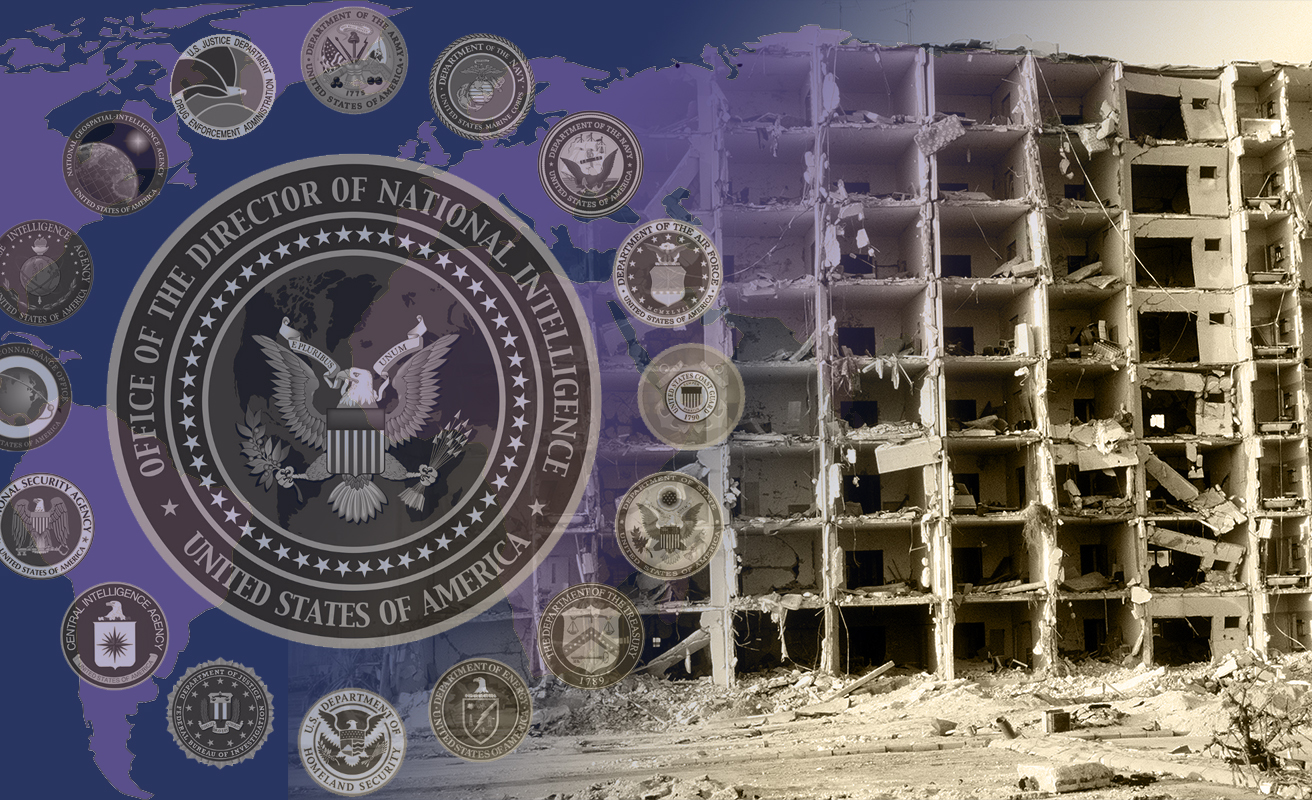
It’s silly to expect that intelligence will always get it right.
WAR ROOM welcomes Dr. Richard Betts from Columbia University to discuss what success and failure really mean in the intelligence community. For example, when adversaries successfully strike U.S. targets, the results are tragic and are often followed by soul searching and, unfortunately, blame. Success stories, such as the thwarting of probable attacks, are far more numerous but attract less attention. What does this mean for intelligence professionals? U.S. Army War College resident student Adam Dietrich moderates, and the Intelligence series editor Genevieve Lester provides the introduction.
Podcast: Download
Subscribe: Apple Podcasts | Spotify | Amazon Music | Android | Pandora | iHeartRadio | Blubrry | Podchaser | Podcast Index | TuneIn | Deezer | Youtube Music | RSS | Subscribe to A Better Peace: The War Room Podcast
Richard Betts is is the Arnold Saltzman Professor of War and Peace Studies in the Department of Political Science, the director of the Institute of War and Peace Studies, and the director of the International Security Policy Program in the School of International and Public Affairs at Columbia University. Adam Dietrich is a lieutenant colonel in the U.S. Army Reserve and a student in the U.S. Army War College resident class of 2018. The views expressed in this podcast are those of the speakers and do not necessarily reflect those of the U.S. Army War College, the U.S. Army, or the Department of Defense.
Image Credit: U.S. Air Force photo by SrA Sean Wornell. Composite by Tom Galvin.
Posts in the “Intelligence” series:
- THE ROLE OF INTELLIGENCE TODAY
- POLICY SUCCESS VS. INTEL FAILURE?
- IMPACT (OR NOT) OF INTEL ON STRATEGIC DECISION MAKING
- STRATEGIC ATTACKS AND THEIR FALLOUT
- NEEDLES IN HAYSTACKS: ANALYZING TODAY’S FLOOD OF INFORMATION
- WHERE DOES INTELLIGENCE GO FROM HERE? AN INTERVIEW WITH JAMES CLAPPER
- THE DOD-CIA RELATIONSHIP: ARE WE MILITARIZING STRATEGIC INTELLIGENCE?
- THE SIGNIFICANCE OF THE ODNI: AN INTERVIEW WITH JAMES CLAPPER
- AFGHANISTAN: WHERE WAS THE INTEL?
- TRUE SPIES: STUDYING AND UNDERSTANDING MODERN ESPIONAGE





Some intelligence failures can be attributed to generals “knowing better,” too. Not paying attention to what their intelligence people tell them and making a conscious decision to ignore them probably happens more than people know.
The Easter Offensive of 1972 is often said to be a surprise attack, which is wasn’t. It seems to follow your discussion of false warnings, in this case though the NVA were expected to attack during Tet, which they didn’t. Over a month later, 30 Mar, the NVA poured across the DMZ and Laos across roads into South Vietnam actually made by NVA engineers!
So “concerned,” were the generals that General Abrams, the U.S. Ambassador to Vietnam, and the MACV J-2 were out of country visiting their wives. A number of other senior officers were out of place, as well.